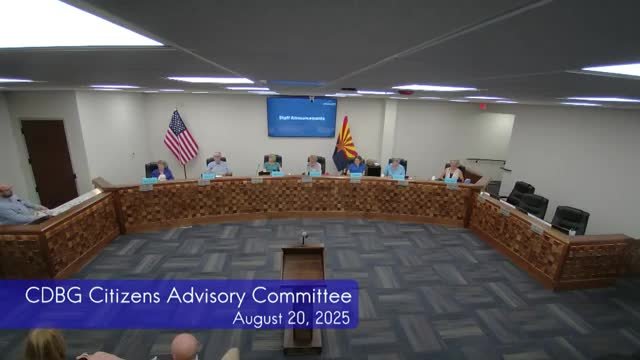
Shelby County residents had the chance to meet a new representative from the Birmingham Regional Waterworks Board during a recent City Hall meeting in Hoover.
Jeff Blumlow, who was recently appointed to a newly established committee to represent Shelby County, made one of his first public appearances since the group’s inception earlier this year.
The event was hosted by Rep. Susan Dubose (R-Hoover), who expressed gratitude to attendees via Facebook. She mentioned, “We had a productive town hall last night! We want to thank Sen. Dan Roberts as well as our new Waterworks board member, Jeff Blumlow, for the updates. Most importantly, we appreciate the residents of the 45th Ward and surrounding areas for participating.” They also discussed the upcoming 2025 legislative session and addressed various structured questions.
This meeting occurred amid ongoing legal disputes regarding the restructuring of the water board, aiming to replace the previous governance model for Birmingham’s water management. The newly established board, comprising seven members, was created in response to worries that the former structure didn’t adequately represent the broader area served by the utility.
Critics of the old board have pointed out that while a significant number of customers are outside Birmingham, the board was primarily influenced by Birmingham’s interests. The new arrangement aims to offer a more fair representation across the region. Still, some residents worry that the new governance doesn’t truly reflect the interests of Birmingham citizens, who traditionally held more sway.
During the meeting, Dubose and Blumlow shared statistics indicating that a large portion of Birmingham’s water supply is actually linked to communities like Hoover and other parts of Shelby County. Blumlow noted that about 220,000 water taps are connected to the utility, with only roughly a quarter located within Birmingham itself, while most are spread throughout Jefferson County. Strikingly, nearly 90% of all taps are situated there.
The newly formed board, which has been operational for around six weeks, is currently focused on reviewing the utility’s past operations to gain insight into management practices and financial priorities. Members are evaluating previous policies and decisions to ensure the system functions more effectively and transparently moving forward.







